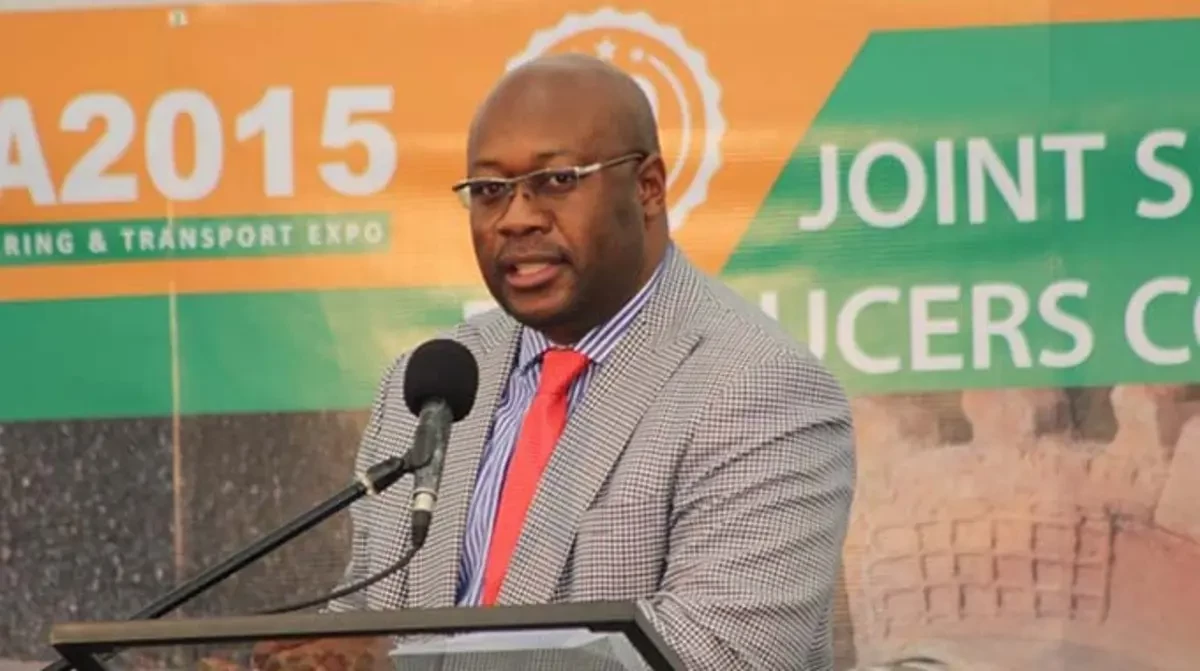
BY ATHLAI TATENDA MDZUNGAIRI The United Nations (UN) has urged member states to honor the six million Jews, Jehovah’s Witnesses and other victim groups, who were systematically and ruthlessly murdered by the Nazis as the world commemorates International Holocaust Remembrance Day (IHRD).
The day, which falls on January 27, is a symbolic date to commemorate the victims of Nazism. Nazi terror targeted millions for reasons of biology, nationality, or political ideology. Thousands of Jehovah’s Witnesses –Christians – were executed or languished in Nazi concentration camps for their Christian faith alongside millions of Jews and other victim groups.
In accord with this year’s theme guiding IHRD “Memory, Dignity and Justice” the UN took the opportunity to encourage the world to bring awareness and help prevent future genocide.
“The writing of history and the act of remembering brings dignity and justice to those whom the perpetrators of the Holocaust intended to obliterate,” the UN said in a statement.
Holocaust museums and memorials around the world display artefacts and plaques commemorating the persecution of Jehovah’s Witnesses.
The Auschwitz-Birkenau State Museum echoed the UN sentiment by honoring the Witnesses who stood firm to their moral principles.
“Aside from brief mentions, the literature on the history of Auschwitz Concentration Camp does not take account of the Jehovah’s Witnesses (referred to in the camp records as Bible [Students]) who were imprisoned because of their religious convictions. These prisoners deserve closer attention because of the way they managed to hold on to their moral principles under camp conditions,” Auschwitz-Birkenau State Museum said.
Jehovah’s Witnesses, also then known as Bible Students, were “the only group in the Third Reich to be persecuted on the basis of their religious beliefs alone,” Professor Robert Gerwarth said.
- Chamisa under fire over US$120K donation
- Mavhunga puts DeMbare into Chibuku quarterfinals
- Pension funds bet on Cabora Bassa oilfields
- Councils defy govt fire tender directive
Keep Reading
The Nazi regime branded Witnesses “enemies of the State,” according to historian Christine King, because of “their very public refusal to accept even the smallest elements of [Nazism], which didn’t fit their faith and their beliefs.”
On religious grounds, the politically neutral Witnesses refused to give the “Heil Hitler” salute, take part in racist and violent acts, or join the German army.
Moreover, “in their literature they publicly identified the evils of the regime, including what was happening to the Jews,” King stated.
Witnesses were among the first sent to concentration camps, where they bore a unique uniform symbol—the purple triangle.
Top researcher Detlef Garbe wrote: “The declared intention of the NS [Nazi] rulers was to completely eliminate the Bible Students from German history.”
The Nazis sought to break Witnesses’ religious convictions by offering them freedom in exchange for a pledge of obedience. The standard Erklärung (issued in 1938) required the signee to renounce his or her faith, denounce other Witnesses to the police, fully submit to the Nazi government, and defend the “Fatherland” with weapon in hand.
Prison and camp officials often used torture and privation to induce Witnesses to sign.
According to Garbe, “extremely low numbers” of Witnesses recanted their faith.
Geneviève de Gaulle, a niece of French General Charles de Gaulle and member of the French Resistance, said of female Witness prisoners in Ravensbrück concentration camp:
“What I admired a lot in them was that they could have left at any time just by signing a renunciation of their faith. . . . Ultimately, these women, who appeared to be so weak and worn out, were stronger than the SS, who had power and all the means at their disposal. They had their strength, and it was their willpower that no one could beat.”
Witnesses Zimbabwe spokesperson John Hunguka stated the importance of remembering Jehovah’s Witnesses who were subjected to intense persecution under the Nazi regime and those who are still being attacked, imprisoned and tortured in other countries today because of their faith.
“Of about 35 000 Witnesses in Nazi-occupied Europe, more than one-third suffered direct persecution. Most were arrested and imprisoned. Hundreds of their children were taken to Nazi homes or reformatories. About 4 200 Witnesses went to Nazi concentration camps. An estimated 1 600 Witnesses died, 370 by execution,” Hunguka said.
Added Hunguka, “Remembering the Witnesses’ experiences is important because they are still being systematically attacked—imprisoned, beaten, and tortured—for peacefully practicing their faith in some countries, Russia being the foremost persecutor.”
According to the UN, the failure of Nazi coercion in the case of Witnesses contrasts with widespread societal conformity to Nazi aims before and during the Holocaust.
The nonviolent resistance of ordinary people to racism, extreme nationalism, and violence merits thoughtful reflection on this year’s International Holocaust Remembrance Day.
Twitter @TatendaAthlai










